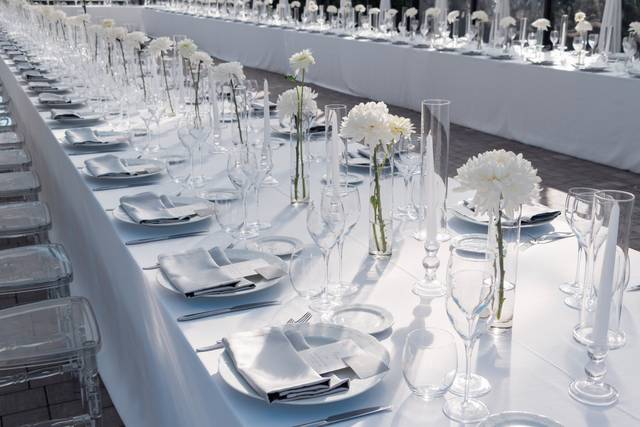Planning a wedding is no small feat; it involves a delicate balance of creativity, organization, and understanding the couple’s vision. A wedding planner plays a crucial role in transforming dreams into reality, ensuring every detail aligns with the couple’s preferences while navigating the complexities of logistics.

Understanding the Role of a Wedding Planner
A wedding planner is more than just an organizer; they are a trusted advisor, a problem-solver, and often a source of emotional support. Their responsibilities typically include:
- Budget Management: Helping couples allocate their budget wedding planner torino effectively to maximize their resources.
- Vendor Coordination: Sourcing and liaising with vendors such as florists, caterers, and photographers to ensure quality and reliability.
- Timeline Creation: Establishing a detailed timeline for the wedding day, coordinating all events to ensure smooth transitions.
- Design and Theme Development: Collaborating with couples to develop a cohesive design that reflects their style and personality.
- Day-of Coordination: Overseeing the wedding day logistics, allowing couples to enjoy their celebration without stress.
The Planning Process: From Concept to Celebration
- Initial Consultation: Every successful wedding begins with a conversation. Planners meet with the couple to understand their vision, preferences, and any specific requests.
- Budget Planning: Determining a realistic budget is essential. Planners help prioritize expenses and suggest ways to save without compromising on quality.
- Venue Selection: The venue sets the tone for the wedding. Planners leverage their industry contacts to find the perfect location that matches the couple’s style and guest list.
- Vendor Selection: With a network of trusted vendors, planners can recommend professionals who align with the couple’s aesthetic and budget.
- Design and Décor: Creating a visual concept involves selecting color palettes, floral arrangements, and decor elements that tie the wedding theme together.
- Rehearsals and Final Touches: A rehearsal ensures everyone knows their roles, while planners finalize last-minute details, confirming with all vendors.
- Wedding Day Coordination: On the big day, the planner manages the timeline, resolves any issues, and ensures that the couple can focus on their celebration.
Why Hire a Wedding Planner?
While some couples may feel confident planning their wedding, hiring a planner offers several advantages:
- Expertise: Planners have extensive experience and knowledge of the wedding industry, which can save couples time and potential pitfalls.
- Stress Reduction: A planner takes on the burden of coordinating details, allowing couples to enjoy their engagement without feeling overwhelmed.
- Creativity: Planners bring fresh ideas and creative solutions that couples may not have considered, enhancing the overall experience.
Trends in Wedding Planning
As weddings evolve, so do planning trends. Some current favorites include:
- Sustainable Weddings: Couples are increasingly focused on eco-friendly choices, from sourcing local vendors to choosing biodegradable materials.
- Micro Weddings: Intimate gatherings have gained popularity, allowing couples to focus on meaningful experiences with close family and friends.
- Technology Integration: Virtual planning tools and apps help streamline the planning process, making it easier for couples to stay organized.
Conclusion
A wedding planner is an invaluable partner in creating a memorable celebration. With their expertise, creativity, and organizational skills, they transform wedding dreams into reality, ensuring that couples can cherish their special day without the stress of planning. Whether you envision an extravagant affair or a cozy gathering, a planner can tailor the experience to reflect your unique love story.